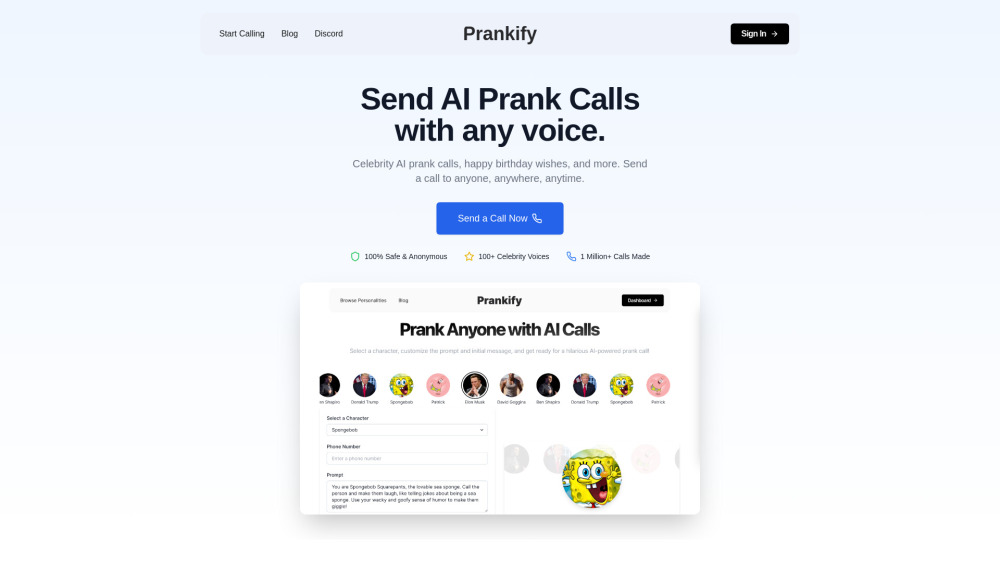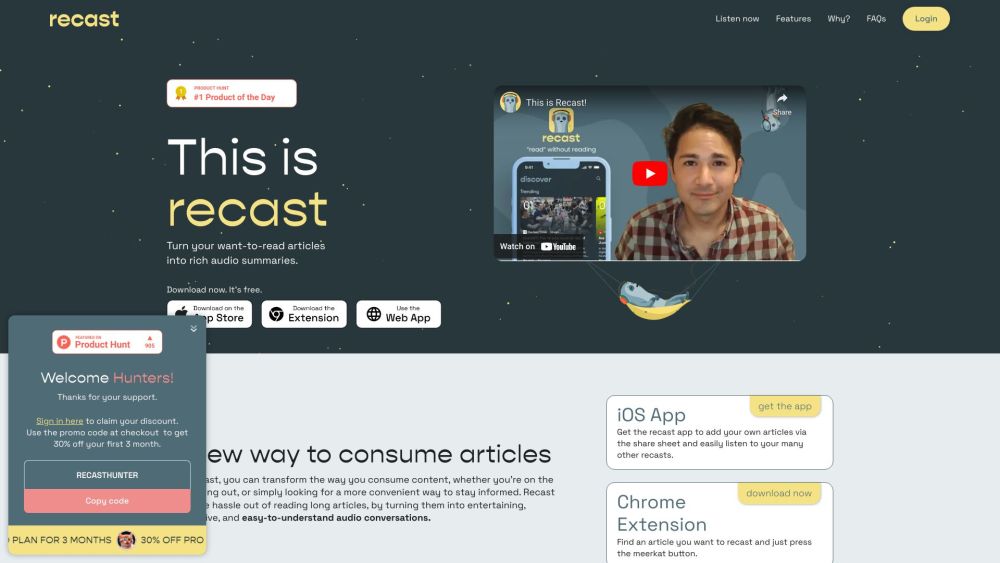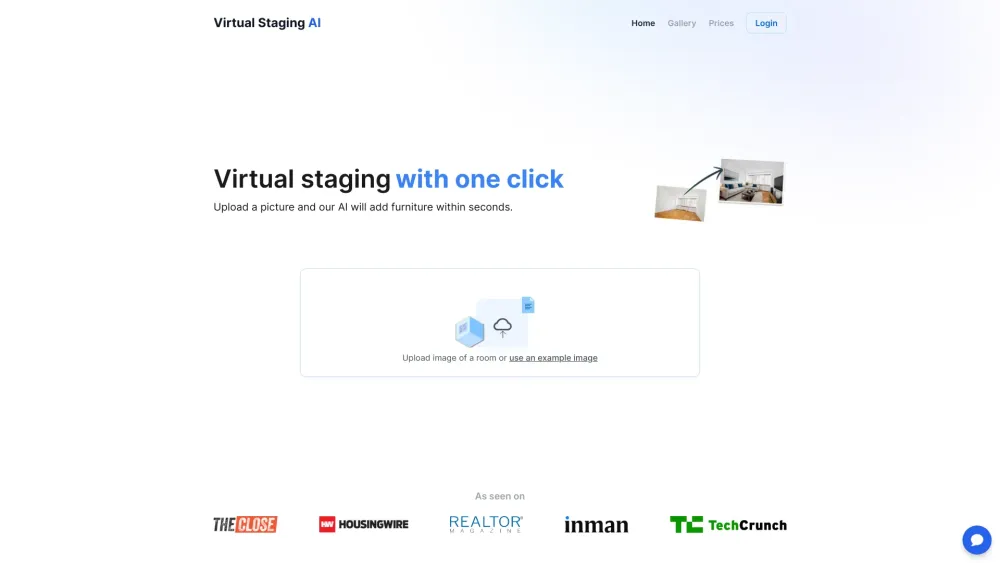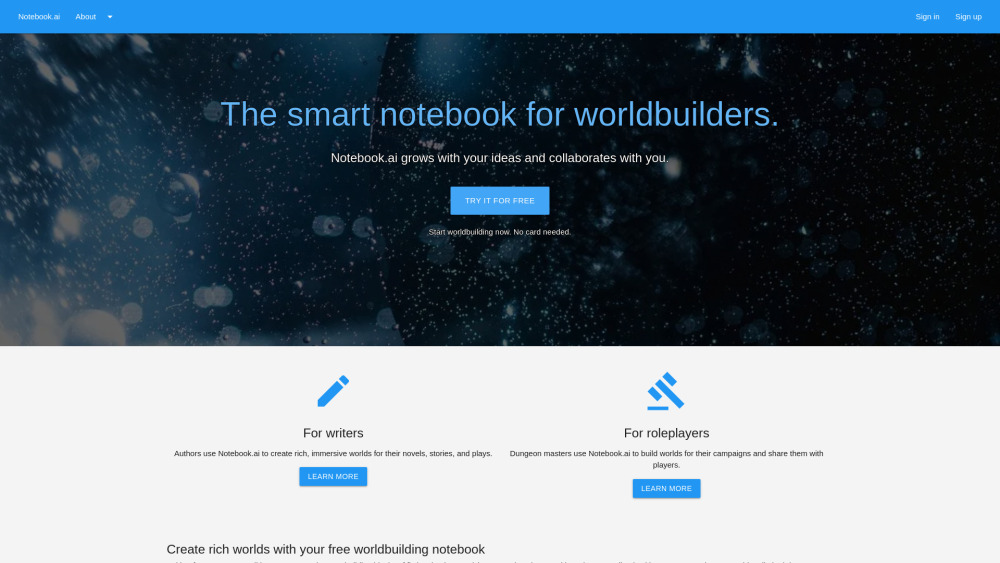OpenAI is currently seeking to dismiss a lawsuit filed by its co-founder, Elon Musk. In response to Musk's claims that the organization’s partnership with Microsoft violated its founding charter to operate as a nonprofit, OpenAI released a series of emails highlighting Musk's previous support for a shift to a for-profit model.
Musk co-founded OpenAI in 2015 with the vision of providing a nonprofit alternative to tech giants like Google, which, at the time, had a significant advantage due to its extraordinary resources and talent, particularly after acquiring DeepMind. Musk was concerned that the rapid advancement of artificial intelligence could pose risks to humanity if developed solely for profit.
However, the relationship between Musk and OpenAI has become increasingly strained. In a blog post, OpenAI CEO Sam Altman, President Greg Brockman, and other senior executives expressed their disappointment, stating, “We're saddened that our partnership has come to this with someone we have long admired—someone who inspired us to aim higher but later claimed we would fail, launched a competing venture, and subsequently pursued legal action as we made progress towards our mission.”
### Tesla Merger Proposal
OpenAI refuted Musk's assertions of violating its nonprofit pledge, arguing that he was aware of—and supportive of—its nonprofit evolution. In an email to Brockman and Altman, Musk acknowledged the necessity of securing substantial funding to remain competitive, suggesting an ambitious starting point of $1 billion. He recognized the need for a larger financial commitment to avoid appearing negligible compared to Google and Facebook.
As discussions shifted toward a for-profit direction, Musk proposed significant control over the organization, including majority equity and the CEO position. When OpenAI resisted ceding too much power to one individual, Musk suggested a merger with Tesla to ensure a steady financial flow for OpenAI's research initiatives. The idea was to have Tesla serve as a “cash cow,” allowing OpenAI to focus on its mission without the pressure of pleasing investors.
When this merger proposal was declined, Musk resorted to building a competitor within Tesla. In a candid email in December 2018, he expressed skepticism about OpenAI's ability to remain relevant against rivals like DeepMind, stating, “My probability assessment of OpenAI being relevant to DeepMind/Google without a dramatic change in execution and resources is 0%. Not 1%.”
In 2019, OpenAI secured a critical partnership with Microsoft, which began with a $1 billion investment and has since grown to a total commitment of $13 billion, making Microsoft a strategic partner. Although Musk initially viewed Google as the primary competitor, his lawsuit now characterizes Microsoft as the new dominant force over OpenAI, describing advanced models like GPT-4 as effectively “proprietary algorithms” of Microsoft.
### Shifts in Openness
In addressing Musk's lawsuit, OpenAI noted that he had previously acknowledged that the organization's mission did not necessarily require open-sourcing artificial general intelligence (AGI). Musk's legal action demands greater transparency regarding GPT-4, akin to earlier OpenAI models; however, communications between Musk and OpenAI co-founder Ilya Sutskever suggest otherwise.
In a discussion about becoming less open as they progress toward building AI, Sutskever articulated the rationale behind this shift: “As we get closer to building AI, it makes sense to start being less open. The idea of 'open' in OpenAI means that everyone should eventually benefit from the outcomes of AI development, but it’s entirely acceptable not to share all scientific findings."
Musk responded affirmatively, saying, "Yup," indicating his recognition of the complexities involved in maintaining transparency while advancing the mission.
As this legal battle unfolds, the implications for the future of artificial intelligence development, corporate control, and the ethical considerations surrounding it will continue to be closely monitored.




